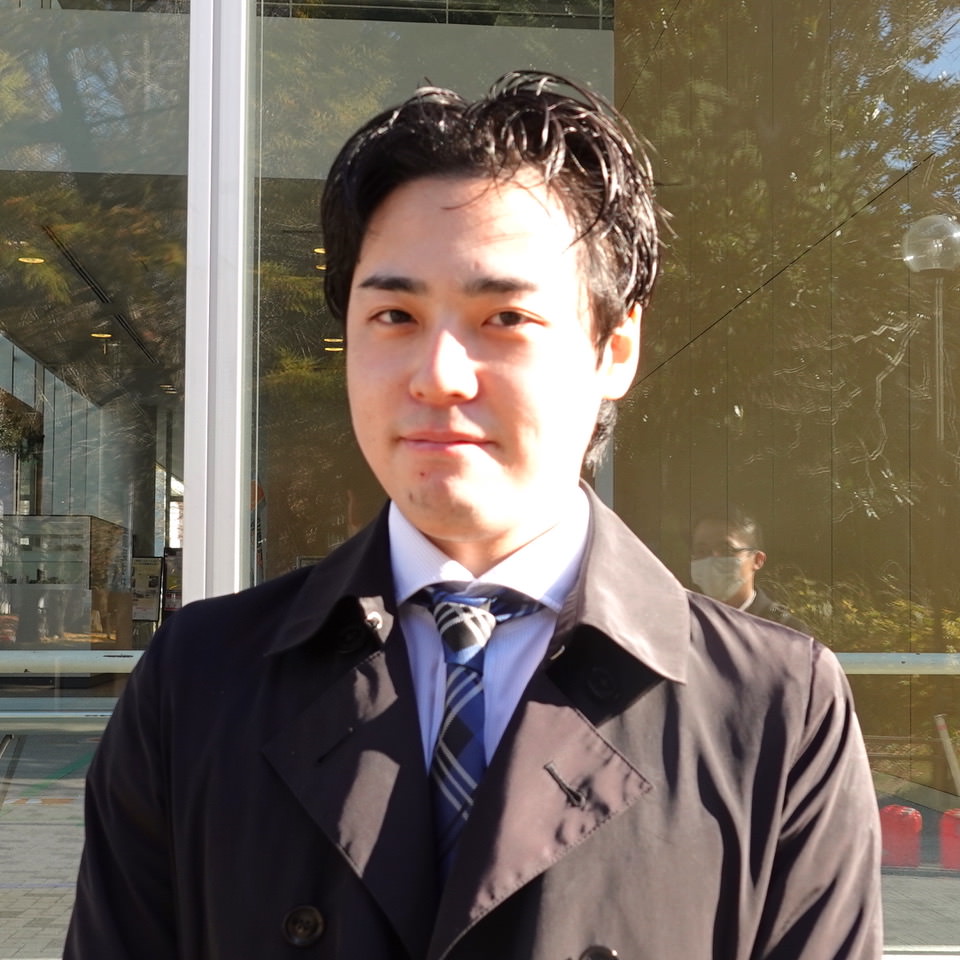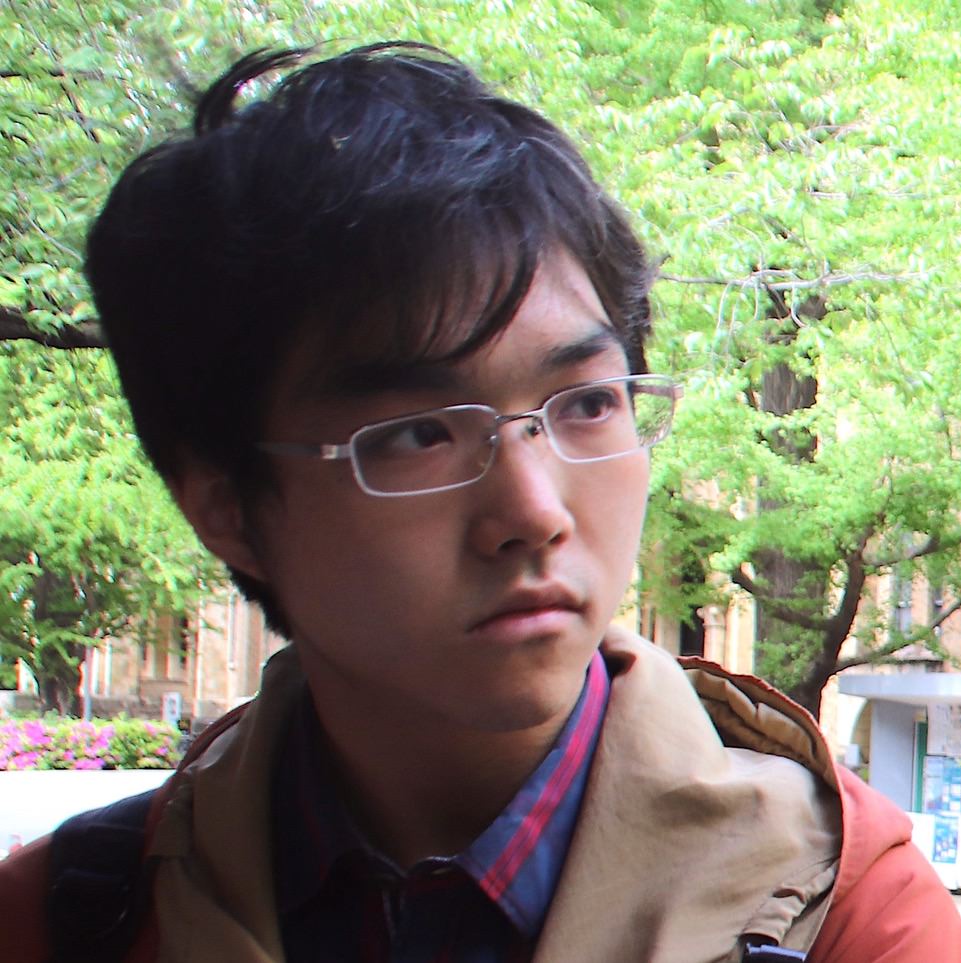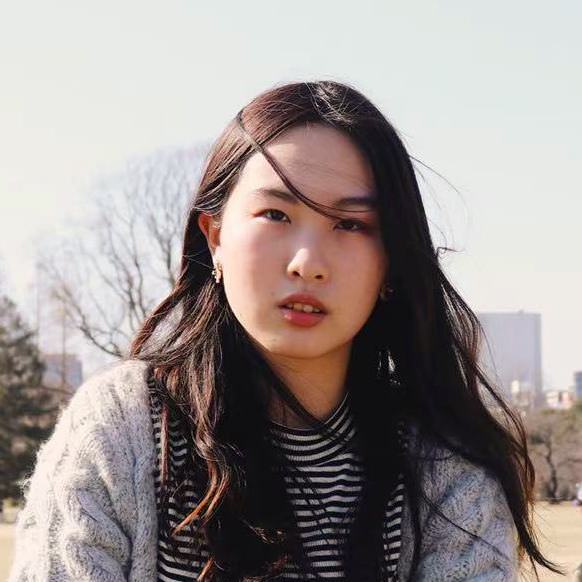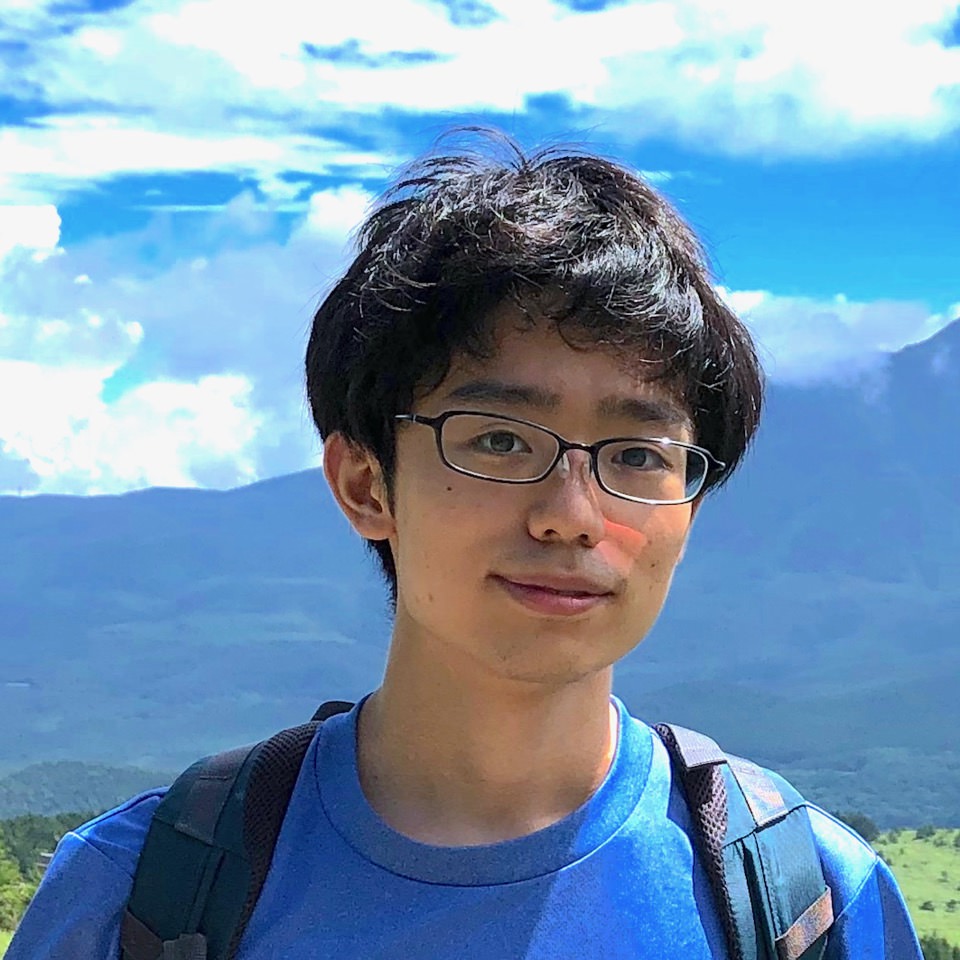-

YABUMOTO Utsuwa
In the required seminars, we read materials from different eras and countries; and having explored the thought behind them, we could develop them into discussions with other students. In the seminars that I took (S-semester, 2020-21), the texts were not limited to the materials of the West and the East, for we also read Japanese classics. This helped me to deepen my understanding of ideas in the past, beyond East Asia as a geographical sphere, to explore them with multifaceted perspectives, to apply the insights, and to explore various issues of contemporary society.
The EAA Liberal Arts Program also offers some projects in which students can be actively involved. In one of the projects, we read the latest academic articles on tianxia (天下概念) — a concept in political science that has attracted attention in recent years in China — and which we then translated into Japanese. EAA students took initiative in running this project.
Through this practice, beyond the opportunity to develop one’s Chinese language skills, it’s also a way to deepen one’s knowledge about Chinese politics from a new perspective, by making the most of the learning sources.
-

MADOMITSU Mon
One of the features that particularly stands out in this program is its multilingual environment. Participants join discussions both in the lecture and intensive lectures using Japanese, English and Chinese, depending on the topic and focus of the discussions. The materials used in the program are also not restricted to one single language. Unlike other seminars in which lecturers assign texts to be used for the class — of which they decide which edition and/or translation to be used — in the case of this program, each student selects a translation/edition to read, and students are encouraged to enjoy and discover the differences between translations.
The program encourages students to pursue and focus on multiplicity rather than singularity, differences instead of sameness, and to transform ‘university’ into ‘diversity’. But that doesn’t mean that we don’t give enough attention to the significance of the texts. Rather, things are quite the opposite. In ‘Theories in East Asian Liberal Arts’ and ‘Seminar in East Asian Liberal Arts’ — which are required modules for the program, two superb lecturers – Professor Wang Qin, who specializes in comparative literature and Professor Cheung Ching-yuen, an expert in philosophy — gave us thorough guidance on how to read and examine the texts. In ‘Theories in East Asian Liberal Arts’, a guest lecturer was invited for every meeting, to discuss the chosen text. In this way, students can see how professionals actually read and understand the text through lively, stimulating discussion.
-
KOU Tokuyu
This program offers lectures twice per week, followed by seminars in which students can freely discuss and exchange their views with the lecturers, based on the content covered in the lecture. So there are a total of four sessions per week. As students have to read one text per lecture, they read two books per week. Though they are not required to read the whole of each text, they have to grasp the key points of each to a certain extent. In other words, students are required to do significant amounts of reading, thinking about the contents read on their own, and to apply that knowledge twice a week. The main language used in the classes is English. These tasks are quite challenging, as you might imagine.
But why is this training so important? Many people spend so much time studying, until they get into universities, but once they are accepted then they start spending their time for other activities such as clubs. By staying active, we constantly engage with our realities, but what is the significance of study amongst these various activities? Osamu Dazai once noted that the most important element in study is ‘to cultivate’, meaning that to cultivate one’s mind is to broaden it. He also said that one could forget everything memorized if ‘a handful of gold dust remains at the bottom of the training, of the study’. Through the activity of study, we use our intellect to polish the remains of a handful of gold dust, to share and exchange gold with others. Four ‘challenging’ classes per week at EAA covers this very process to obtain the gold. It is an ultimate, fast-track program through which one can ‘cultivate’ their mind by moving across three languages: Japanese, Chinese and English.
Moreover, the lecturers encourage us to explore a new universality from an East Asian perspective through the EAA program. I believe that the ‘gold dust’ that we can obtain by exploring questions for which no one has offered definitive answers, and to tackle unknown territory through the collaborative efforts of faculty and students, would be a special experience. We look forward to having you join the EAA program.
-

KUMA Akane
There is nothing like the program that EAA offers. It is very comprehensive, with compulsory seminars, an intensive course, and even opportunities to meet students from Peking University. Last year, I attended the seminars and, some sessions in the early stage of the intensive course, which I would like to mention here in this comment.
The seminar consists of two parts: a lecture followed by a TA session. Each week, participants are required to read a text assigned by the lecturers. During the class meetings, the lecturers share their interpretations and comments on the text. In the latter part of the seminar, you can get to know how others react to your comments and how they interpreted the text. In every session, I could learn which part of the text I didn’t fully understand, misread or had only a limited interpretation.
As to the intensive summer course co-hosted by Peking University, I attended the session only in the beginning of the course before committing to coordinate team discussions in the rest of the course. The intelligence of students from Peking University inspired me, and I could get to know other students who are taking the EAA program even better.
I think this program well combines both opportunities to connect with others, but also to improve the intellect. The things that one can learn by oneself are limited, but through interaction with others, we can polish what we’ve learned together with them, and sublimate them on a higher level. This realization was one of the greatest insights for me this year. Whichever path I choose, I would like to maintain the attitude that I learned from this program.
-

KINJO Hisashi
In the compulsory seminar module at EAA, we read one classical text per week. Reading these texts helped me to recognize that there have been other people who already pursued the same enquiry as I do now — about our society or about oneself — and had explored them decades ago. Using these texts as a basis, the discussions with other students helped me to look at things with far broader perspectives than when I previously thought about these topics on my own.
The multilingual environment is another distinctive aspect of this program. At EAA, three languages are used: Japanese, English and Chinese. Having good command of English and Chinese is, I think, a different matter from stepping outside of one’s native language (Japanese, in my case), which itself has a great significance. I grew up in a Japanese linguistic environment and have always used Japanese for developing my thoughts. Reading texts, listening to others’ opinions and expressing my thoughts in English or in Chinese helped me realize many things that I did not notice before; things that I even might not have noticed if I continued to remain within the sphere of my mother tongue.
This one-year program offered at the EAA has definitely helped me to broaden my horizons. Why don’t you also join the EAA program?






